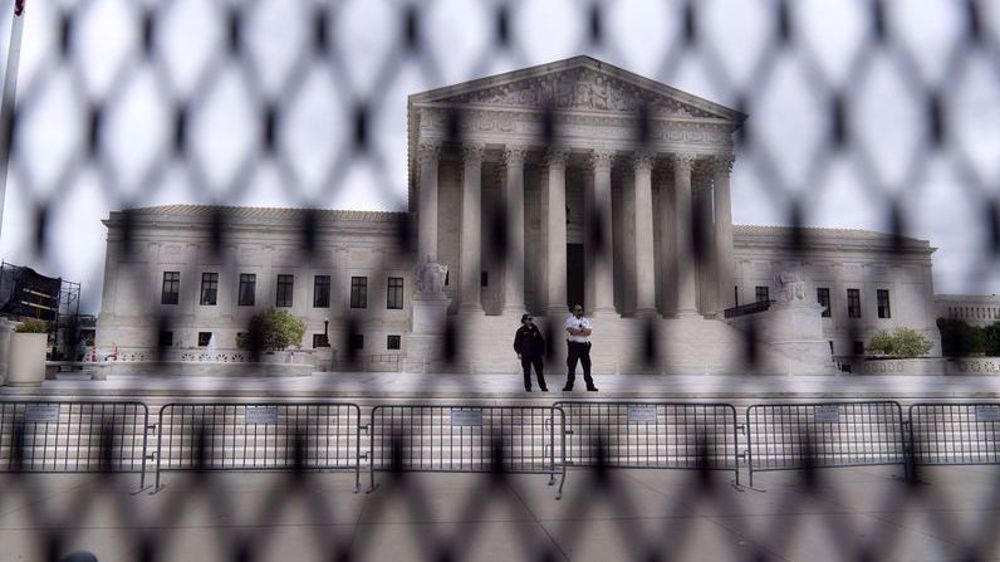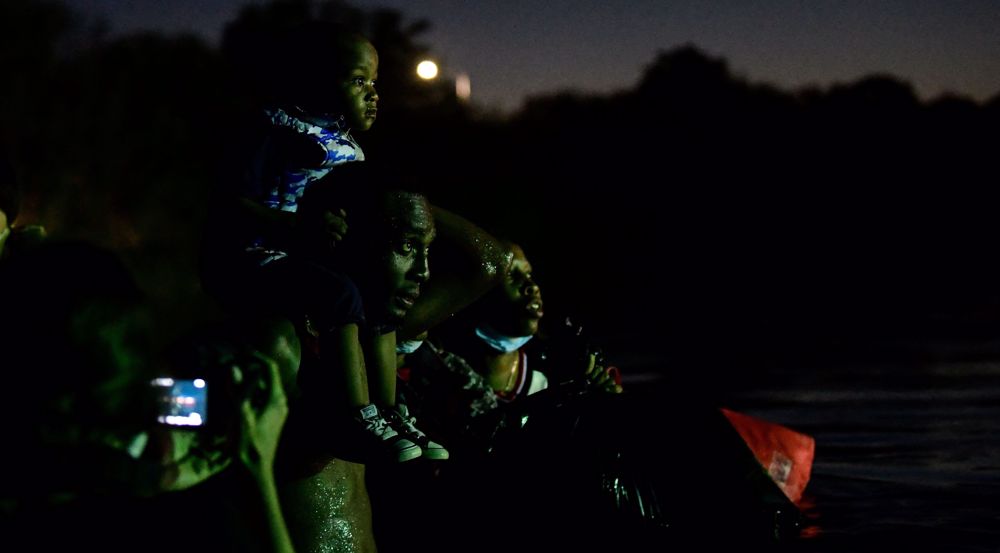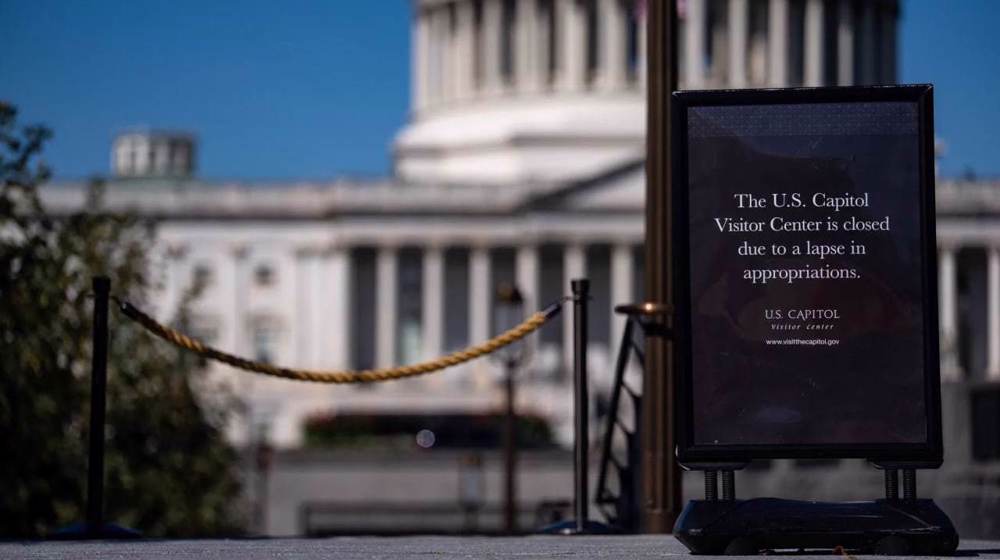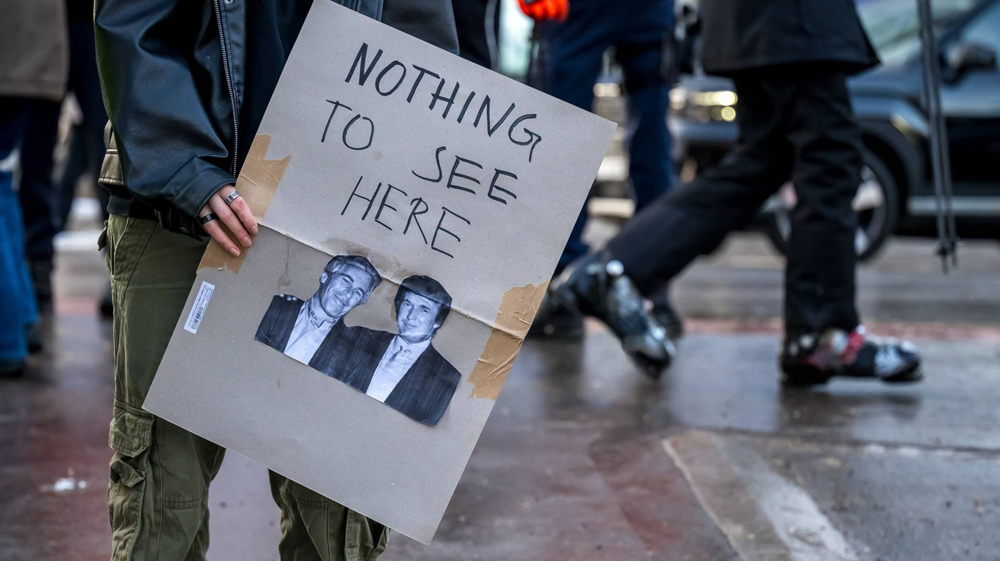US Supreme Court says jailed immigrants not entitled to bail hearings
The US Supreme Court on Monday ruled against immigrants who have challenged indefinite detentions and deportation orders, saying the country’s immigration law does not oblige the government to hold bail hearings for non-citizens held for six months.
In two rulings on Monday, the court said that immigrants who fear persecution in their native countries have no right under federal law to a bond hearing for their freedom.
The court also ruled to limit the ability of immigrants to band together in court, an outcome that one of the judges said “will leave many vulnerable noncitizens unable to protect their rights.”
"On its face, the statute says nothing about bond hearings before immigration judges or burdens of proof," Associate Justice Sonia Sotomayor wrote.
"Nor does it provide any other indication that such procedures are required."
In recent years, the high court has unlawfully limited the immigrants’ access to the federal court system.
The cases pertain to immigrants who are fighting deportation orders because they could face persecution in their home countries.
Antonio Arteaga-Martinez, a Mexican national who entered the US four times, had insisted that his deportation be put on hold in 2018 under a process similar to asylum.
Four months later, he challenged his detention in a federal court.
"The government seeks to detain him while an immigration judge considers his claim that he will be persecuted or tortured if he is returned to Mexico," Associate Justice Stephen Breyer wrote Monday.
"There is less reason, not more, to detain Arteaga-Martinez without bail."
“For a while, it seemed like the court was going to push back a bit. In extreme cases, it would interpret a statute to allow for as much judicial review as possible,” Nicole Hallet, director of the Immigrants’ Rights Clinic at the University of Chicago law school, was quoted as saying by Associated Press.
“Clearly now, the court is no longer willing to do that,” Hallet added, referring to the ruling system’s prejudice against immigrants.
The court ruled in the cases of people from Mexico and El Salvador whose lawyers argued that they should have a hearing to determine if they should be released.
The main factors are whether people would pose a danger or are likely to flee if set free.
The development comes after the mass population of Haitian refugees and asylum seekers were deported from the US last year under President Joe Biden’s administration.
President Biden has come under unprecedented pressure for the way his administration has treated the roughly 15,000 Haitians, causing outrage among human rights advocates across the world.
UNRWA: Israel carrying out 'silent war' in occupied West Bank
VIDEO | Fighting British state
Hamas hails reopening of Rafah crossing as big gain
Bedouin village in West Bank fully emptied due to Israeli settler violence
VIDEO | Iraqi Parliament fails again to elect president amid Kurdish deadlock
VIDEO | An oil deal for India? Trump’s claim meets silence and backlash
VIDEO | Yemen scholars rally behind Iran, call for Islamic mobilization
One person killed in Israeli strike on southern Lebanon











 This makes it easy to access the Press TV website
This makes it easy to access the Press TV website